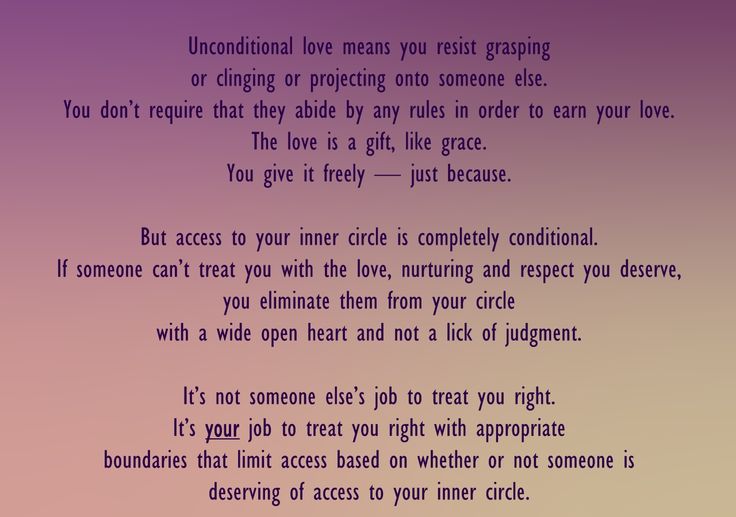

Your first week is free! Is Unconditional Love Healthy in Romantic Relationships?
CONDITIONAL VS UNCONDITIONAL LOVE DOWNLOAD
Download our award-winning relationship coaching app and get access to therapist-approved quizzes and lessons while speaking with an expert relationship coach. When challenges come your way, Relish is here to keep your relationship on track. In romantic relationships, someone offering conditional love might say, “I will stay with you, but only if you refuse to take that job.” (The keyword “if” is a common sign of conditional love.) Someone who loves unconditionally will say, “I love you no matter what comes our way.” For example, if an adult child goes against a parent’s wishes, the parent might say something like, “I always gave you so much love, and this is how you repay me?” Even a parent can express conditional love to a child. Its definition is all in the name: you are offering love based on certain conditions. You care for and love someone without any strings attached and don’t worry about how it benefits you.Ĭonditional love, on the other hand, is a more nearsighted form of love.

Loving unconditionally means the other person’s needs and happiness is just as important and meaningful as your own. It’s not that your love is limitless or without boundaries, but it’s not contingent on getting anything back. In its simplest definition, unconditional love means that you love without expecting anything in return. We often think of the unconditional love between a parent and child or a dog and its owner, but what about between romantic partners? What exactly is the definition of unconditional love, and is it a realistic foundation for romantic relationships? Unconditional vs.


 0 kommentar(er)
0 kommentar(er)
